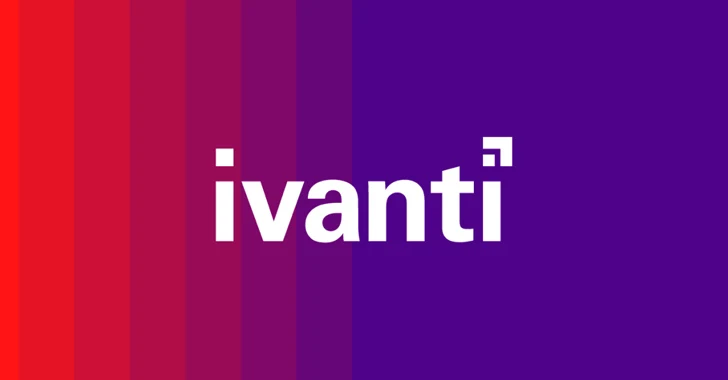Ivanti has disclosed details of a critical remote code execution flaw impacting Standalone Sentry, urging customers to apply the fixes immediately to stay protected against potential cyber threats.
Tracked as CVE-2023-41724, the vulnerability carries a CVSS score of 9.6.
“An unauthenticated threat actor can execute arbitrary commands on the underlying operating system of the appliance within the same physical or logical network,” the company said.
The flaw impacts all supported versions 9.17.0, 9.18.0, and 9.19.0, as well as older versions. The company said it has made available a patch (versions 9.17.1, 9.18.1, and 9.19.1) that can be downloaded via the standard download portal.
It credited Vincent Hutsebaut, Pierre Vivegnis, Jerome Nokin, Roberto Suggi Liverani and Antonin B. of NATO Cyber Security Centre for “their collaboration on this issue.”
Ivanti emphasized that it’s not aware of any customers affected by CVE-2023-41724, and added that “threat actors without a valid TLS client certificate enrolled through EPMM cannot directly exploit this issue on the internet.”
Patched along with CVE-2023-41724 is another critical shortcoming impacting on-premises versions of Neurons for ITSM (CVE-2023-46808, CVSS score: 9.9) that could permit authenticated remote attacker to perform arbitrary file writes and obtain code execution.
“An authenticated remote user can perform file writes to the ITSM server,” Ivanti said. “Successful exploitation can be used to write files to sensitive directories which may allow attackers execution of commands in the context of a web application’s user.”
The vulnerability, which affects versions 2023.3, 2023.2, and 2023.1, has been already addressed in cloud environments.
Ivanti has had to battle a steady steam of security flaws in its software since the start of the year, with some of them subject to exploitation by at least three different suspected China-linked cyber espionage clusters tracked as UNC5221, UNC5325, and UNC3886, according to Mandiant.
The development comes as SonarSource revealed a mutation cross-site scripting (mXSS) flaw impacting an open-source email client called Mailspring aka Nylas Mail (CVE-2023-47479) that could be exploited to bypass sandbox and Content Security Policy (CSP) protections and achieve code execution when a user replies to or forwards a malicious email.
“mXSS takes advantage of that by providing a payload that seems innocent initially when parsing (during the sanitization process) but mutates it to a malicious one when re-parsing it (in the final stage of displaying the content),” security researcher Yaniv Nizry said.









